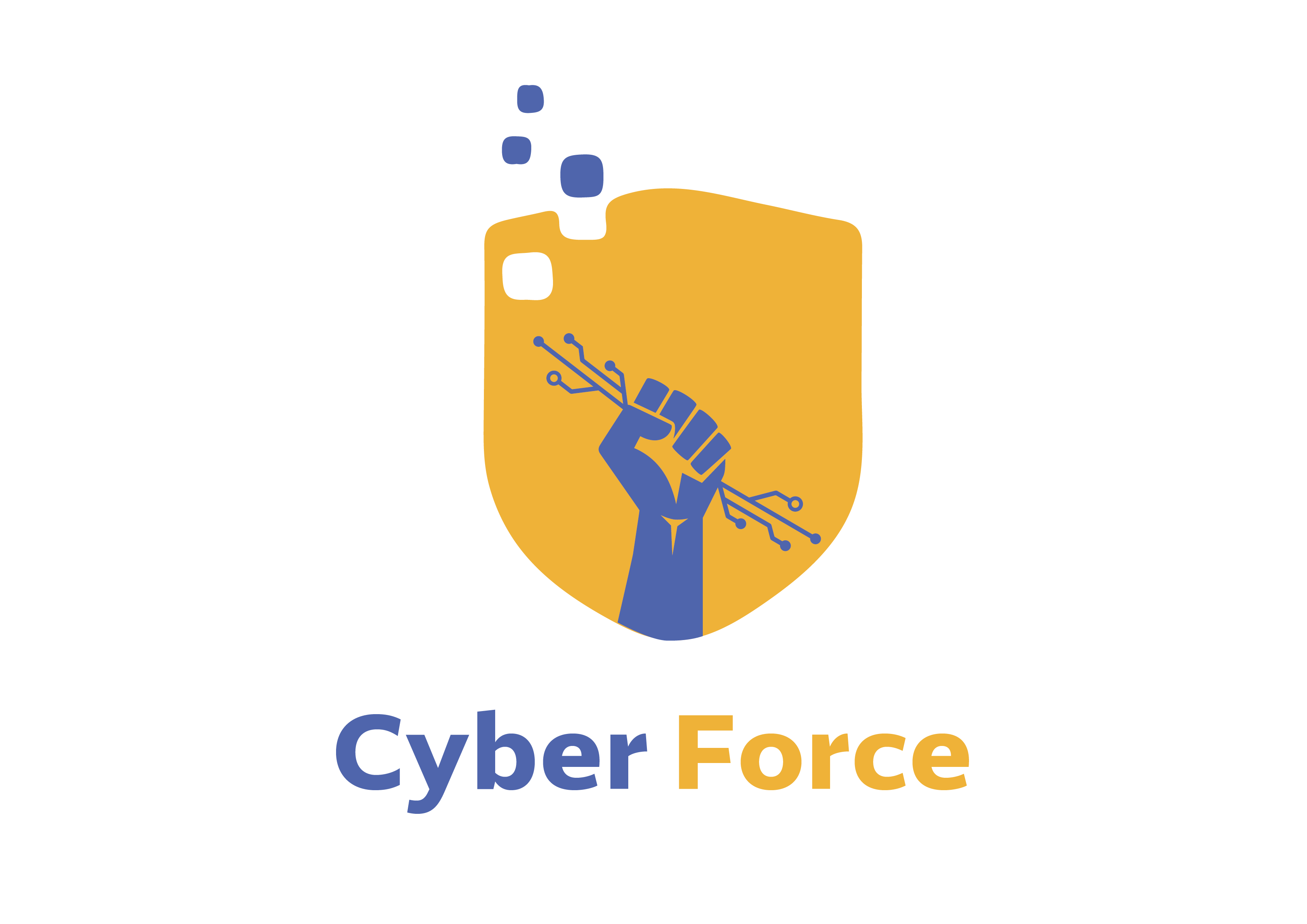
Project Management Professional
The Project Management Professional (PMP) certification is one of the most widely recognized and respected certifications in the field of project management. It is offered by the Project Management Institute (PMI), a globally recognized organization for project management professionals.
The certification demonstrates a candidate’s technical knowledge of how to implement the modern tools, techniques, and best practices to accomplish project management with quality deliverables within the allotted timeline and budget. The PMP is one of the most sought-after and vital criteria for Project Managers aspiring to grab optimized career opportunities.
What Will I Learn?
- 1. Project Management Framework: Understand the fundamental concepts and principles of project management, including project phases, stakeholders, and the role of a project manager.
- 2. Project Integration Management: Learn how to initiate, plan, execute, monitor, control, and close projects effectively. This involves creating a project charter, developing a project management plan, and managing project changes.
- 3. Project Scope Management: Explore techniques for defining and controlling project scope, including creating a Work Breakdown Structure (WBS) and managing scope changes.
- 4. Project Time Management: Develop skills in scheduling projects, estimating activity durations, and sequencing project activities. You'll also learn how to manage the project schedule to meet deadlines.
- 5. Project Cost Management: Learn how to estimate project costs, create a budget, and control project costs to ensure projects stay within budget.
- 6. Project Quality Management: Gain insights into planning, assuring, and controlling quality to meet project objectives and stakeholder expectations.
- 7. Project Human Resource Management: Understand how to build and manage project teams, including topics like team development, conflict resolution, and resource allocation.
- 8. Project Communications Management: Learn how to plan, manage, and distribute project information effectively to stakeholders and team members.
- 9. Project Risk Management: Explore risk identification, assessment, response planning, and risk monitoring and control to minimize project uncertainties.
- 10. Project Procurement Management: Understand procurement processes, including procurement planning, conducting procurements, and contract management.
- 11. Project Stakeholder Management: Learn strategies for identifying, engaging, and managing project stakeholders to meet their needs and expectations.
- 12. Ethical and Professional Responsibility: Explore the ethical considerations and professional responsibilities of a project manager, including adherence to the PMI Code of Ethics.

